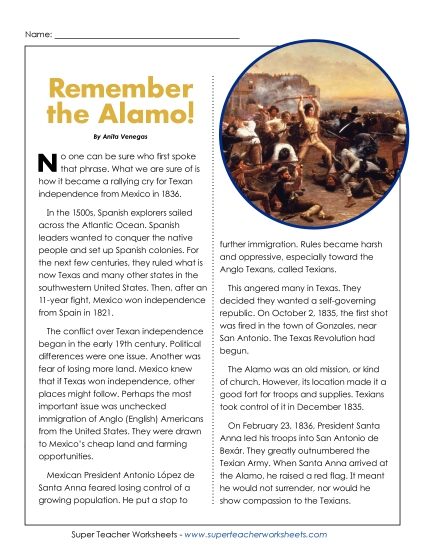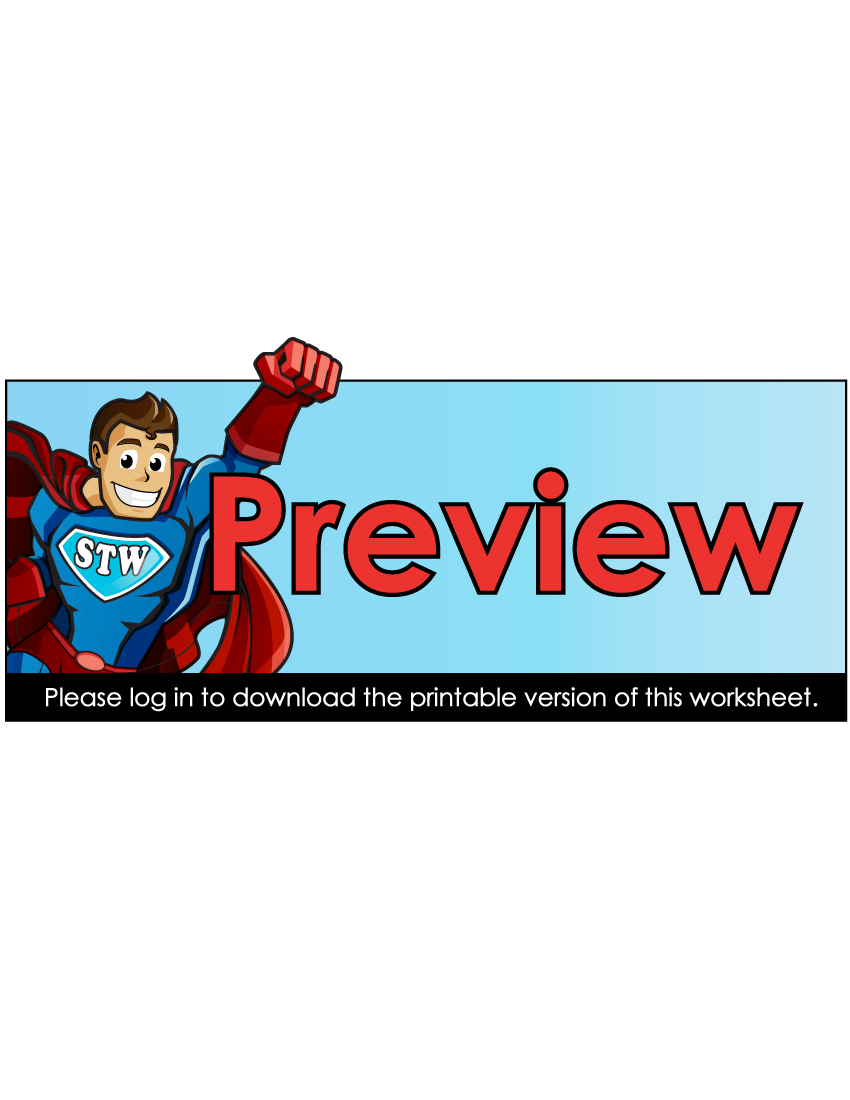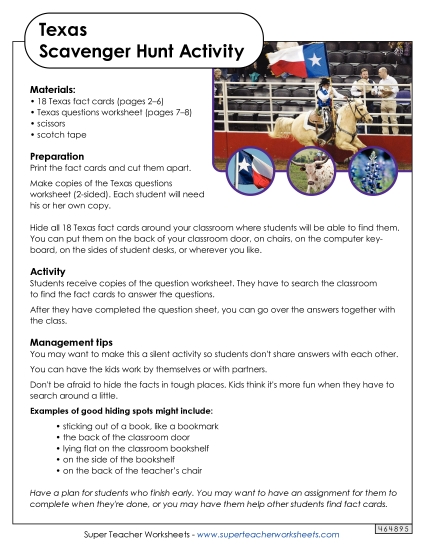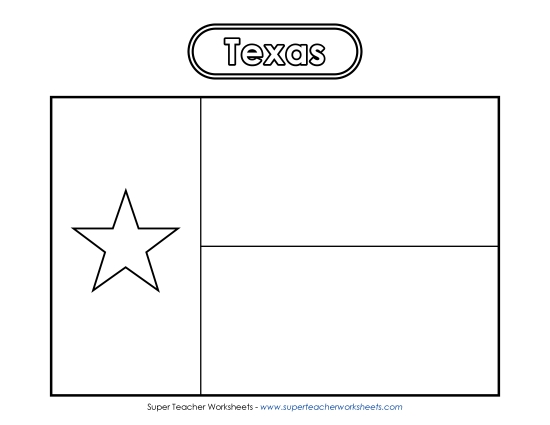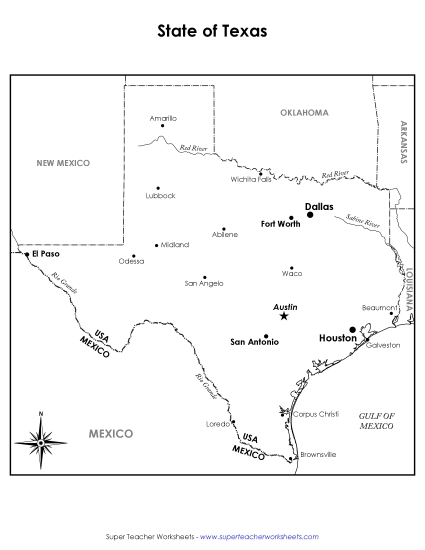L.4.1f:
Language
Conventions of Standard English
Produce complete sentences, recognizing and correcting inappropriate fragments and run-ons.*
L.4.2d:
Language
Conventions of Standard English
Spell grade-appropriate words correctly, consulting references as needed.
L.4.3a:
Language
Knowledge of Language
Choose words and phrases to convey ideas precisely.*
L.4.3b:
Language
Knowledge of Language
Choose punctuation for effect.*
L.4.3c:
Language
Knowledge of Language
Differentiate between contexts that call for formal English (e.g., presenting ideas) and situations where informal discourse is appropriate (e.g., small-group discussion).
L.4.4a:
Language
Vocabulary Acquisition and Use
Use context (e.g., definitions, examples, or restatements in text) as a clue to the meaning of a word or phrase.
L.4.6:
Language
Vocabulary Acquisition and Use
Acquire and use accurately grade-appropriate general academic and domain-specific words and phrases, including those that signal precise actions, emotions, or states of being (e.g., quizzed, whined, stammered) and that are basic to a particular topic (e.g., wildlife, conservation, and endangered when discussing animal preservation).
RF.4.4a:
Reading Foundational Skills
Fluency
Read on-level text with purpose and understanding.
RF.4.3a:
Reading Foundational Skills
Phonics and Word recognition
Use combined knowledge of all letter-sound correspondences, syllabication patterns, and morphology (e.g., roots and affixes) to read accurately unfamiliar multisyllabic words in context and out of context.
RI.4.4:
Reading Informational
Craft and Structure
Determine the meaning of general academic and domain-specific words or phrases in a text relevant to a grade 4 topic or subject area.
RI.4.7:
Reading Informational
Integration of Knowledge and Ideas
Interpret information presented visually, orally, or quantitatively (e.g., in charts, graphs, diagrams, time lines, animations, or interactive elements on Web pages) and explain how the information contributes to an understanding of the text in which it appears.
RI.4.1:
Reading Informational
Key Ideas and Details
Refer to details and examples in a text when explaining what the text says explicitly and when drawing inferences from the text.
RI.4.3:
Reading Informational
Key Ideas and Details
Explain events, procedures, ideas, or concepts in a historical, scientific, or technical text, including what happened and why, based on specific information in the text.
RI.4.10:
Reading Informational
Range of Reading and Level of Text Complexity
By the end of year, read and comprehend informational texts, including history/social studies, science, and technical texts, in the grades 4-5 text complexity band proficiently, with scaffolding as needed at the high end of the range.
W.4.4:
Writing
Production and Distribution of Writing
Produce clear and coherent writing in which the development and organization are appropriate to task, purpose, and audience. (Grade-specific expectations for writing types are defined in standards 1-3 above.)
